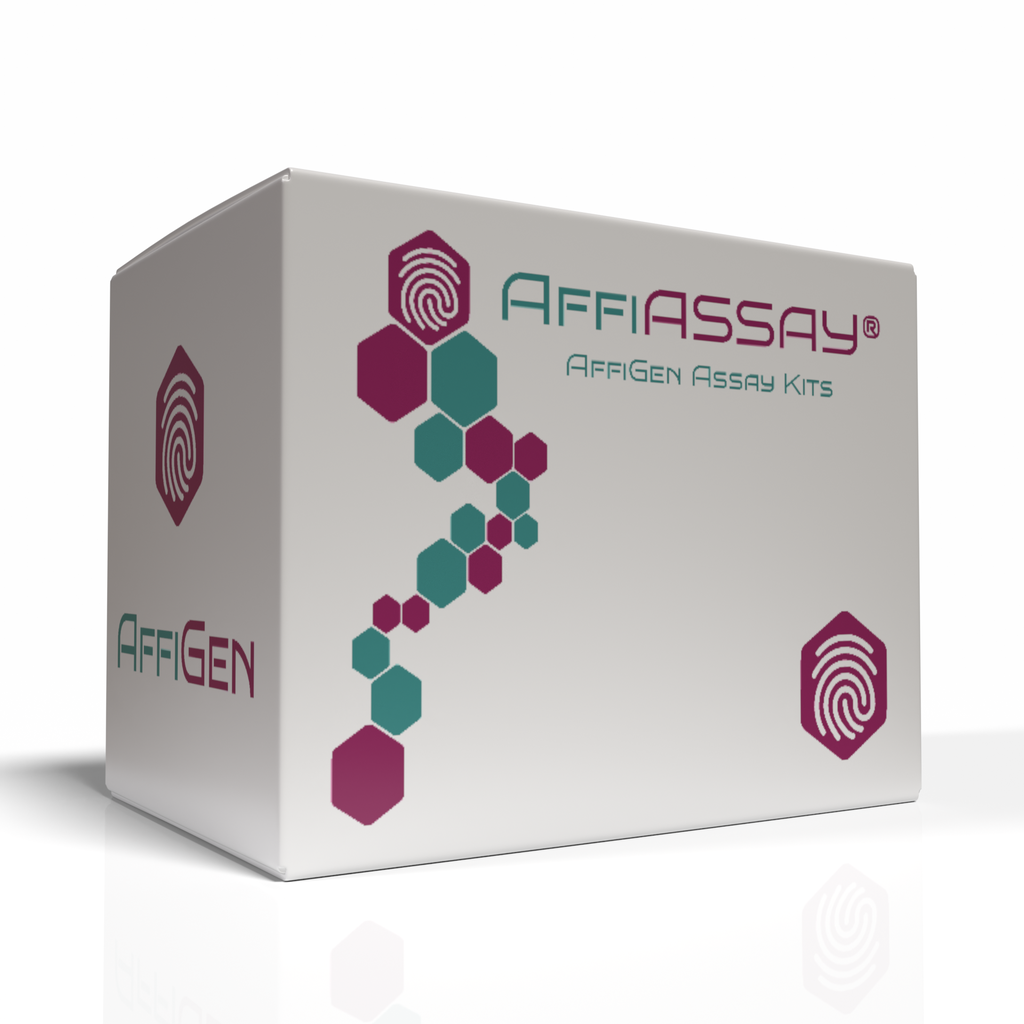Overview
Cell Biolabs’LDH Cytotoxicity Assay Kit provides a colorimetric format for measuring and monitoring cell cytotoxicity. The kit contains sufficient reagents for the evaluation of 960 assays in 96-well plates. Cells can be plated and then treated with compounds or agents that affect cell viability. Upon cell death, lactate dehydrogenase (LDH), a soluble enzyme found in the cytoplasm, is released into the growth media. The growth media is then transferred to another plate and the released LDH is then detected with cytotoxicity reagent. In the presence of lactate substrate (included in the LDH Cytotoxicity Reagent) LDH converts lactate to pyruvate and generates nicotinamide adenine dinucleotide (NADH) . The WST-1 molecule, also present in the LDH Cytotoxicity Reagent, is converted from WST-1 to the orange formazan form. An increase in cell cytotoxicity is accompanied by increased LDH release and increased colorimetric signal. The assay principles are basic and can be applied to most eukaryotic cell lines, including adherent and non-adherent cells and certain tissues, depending on LDH expression levels. The LDH Cytotoxicity Reagent can be used to detect cytotoxicity in bacteria, yeast, fungi, protozoa as well as cultured mammalian and piscine cells.
Product Line
Cell Based Assays.
Host
N/A.
Species Reactivity
N/A.
Shipping Temperature
Blue Ice.
Product Classification
Cell Based Assays; Cell Health Assays >Cytotoxicity Assays; LDH Cytotoxicity Assay.
Detection Method
Colorimetric.
Application
N/A.
Storage Temperature
The LDH Cytotoxicity Assay Reagent is a clear, slightly red, ready-to-use solution. Aliquot as needed to avoid repeated freeze-thaw cycles and store at -20°C protected from light. If precipitates or turbidity are observed upon thawing, warm the solution to 37°C for 5-10 minutes and agitate to dissolve the precipitates. Store the Triton X-100 Solution at Room Temperature.
